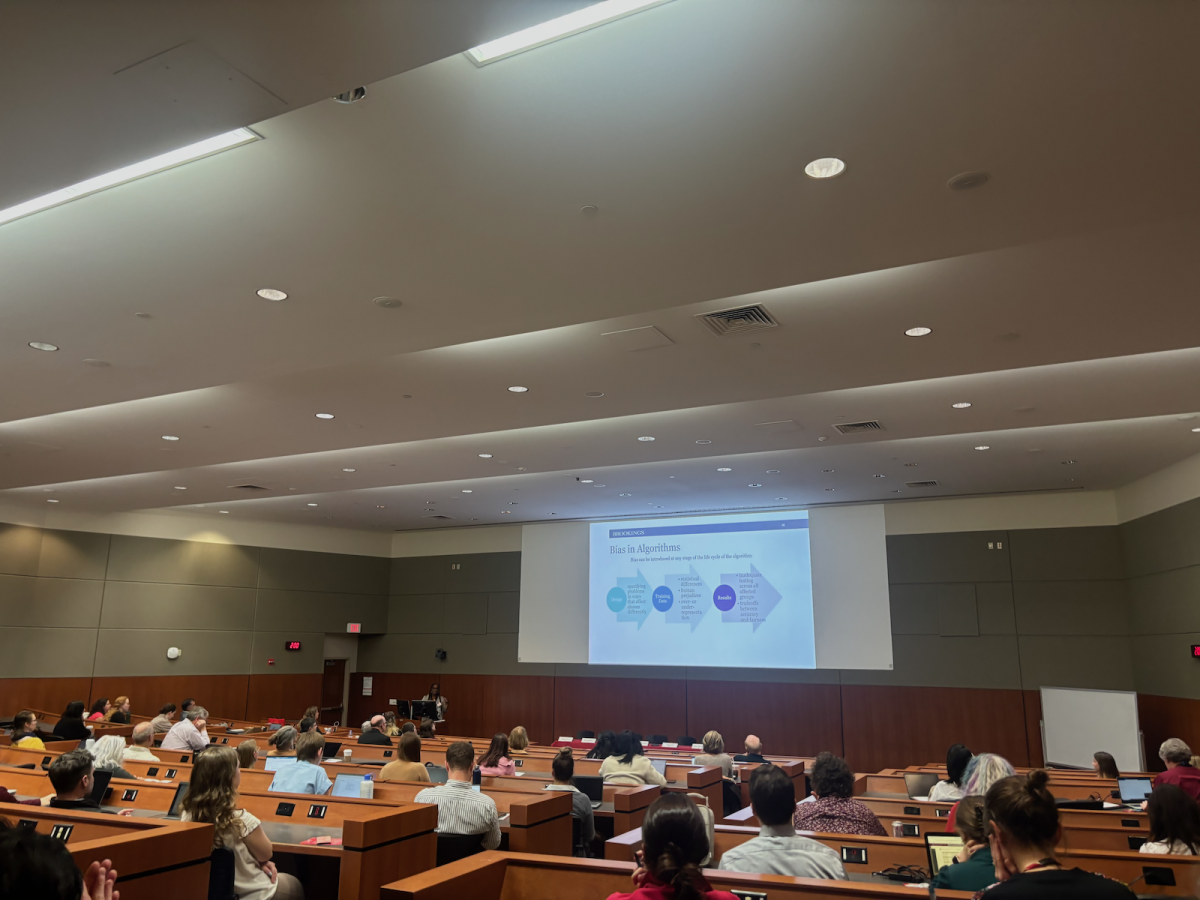Reciprocity between Wisconsin and Minnesota state universities has been around for decades — but it may soon come to an end.
Under the current agreement, Wisconsin residents now pay less tuition at public Minnesota colleges than Minnesota residents — a situation some Minnesota higher education officials want changed.
Regardless of whether Wisconsin or Minnesota residents attend public universities in either state, reciprocity allows Wisconsin and Minnesota residents to pay their home state's in-state tuition.
And with Wisconsin having a lower in-state tuition than Minnesota, Wisconsin residents are paying nearly $1,200 less than Minnesota residents for a University of Minnesota education.
Susan Heegaard, executive director of the Minnesota Office of Higher Education, wrote a letter to the Wisconsin Higher Education Aids Board requesting the state to raise its tuition rates to meet the Minnesota levels within four years, according to a copy of the letter obtained by The Badger Herald.
"Wisconsin is a valuable partner to our state in so many ways," Heegaard wrote in the letter. "And it is in our mutual best interest to preserve and strengthen our tuition reciprocity agreement."
And, when asked if the current dispute between Wisconsin and Minnesota could potentially lead to the end of reciprocity, University of Minnesota spokesperson Dan Wolter said it "certainly would be an option."
"But I don't think anybody wants to do that," Wolter added.
The debate couldn't have come at a better time, according to MOHE Director of Communications Barb Schlaefer, who said that, in order for the revisions to affect the next academic school year, both schools would have needed to agree on the changes this month.
"Because the process takes time, we wanted to get it done," Schlaefer said. "It needed to get done by January in order for all the stars to line up."
Wolter said the University of Minnesota is committed to the idea of reciprocity, but added he is disappointed by the reaction of the Wisconsin education board to Heegaard's recent letter.
Connie Hutchinson, executive secretary of the Wisconsin board, wrote in a reply letter that affordability was of utmost importance to Wisconsin. However, she added she wanted to keep the current policy in place.
Hutchinson was not available for comment Tuesday night; however, UW spokesperson Kate Dixon agreed with Hutchinson's sentiments.
"We don't want to see anything happen that would place an additional burden on Wisconsin students," Dixon said.
According to Heegaard's letter, Wisconsin residents who go to the University of Minnesota-Twin Cities pay $1,191 less per year than Minnesota residents who choose to attend either university.
And though the University of Wisconsin repays this disparity each year — with last year's compensation totaling $6.5 million — Wolter said some of this money doesn't come back to the school, but is given to the state instead.
"We get a lot of money from the state," Wolter said. "But that money is not given directly to us, which causes problems."
University of Minnesota-Twin Cities freshman Travis Peterson said the current arrangement is unfair.
Peterson added he hoped the two schools resolve the conflict by making reciprocity equal for both states.
"I like the idea that we get breaks when going to school in another state," Peterson said. "But this unfairness makes the situation ridiculous. I want peace."
UW freshman and Minnesota native Ellen Vanden Branden also said the current system doesn't do either system justice and added that she couldn't understand why the UW System is holding back.
"Any measure that could be taken so reciprocity benefits both states seems like a great deal to me," Vanden Branden said. "I know the two schools compete with one another for students, but you'd think they could at least agree upon this."
Despite Wisconsin's wishes not to adjust the policy, Wolter said he remains hopeful.
"I think having reciprocity between the states brings states closer," Wolter said. "But we need to work together in order to overcome this disparity."








